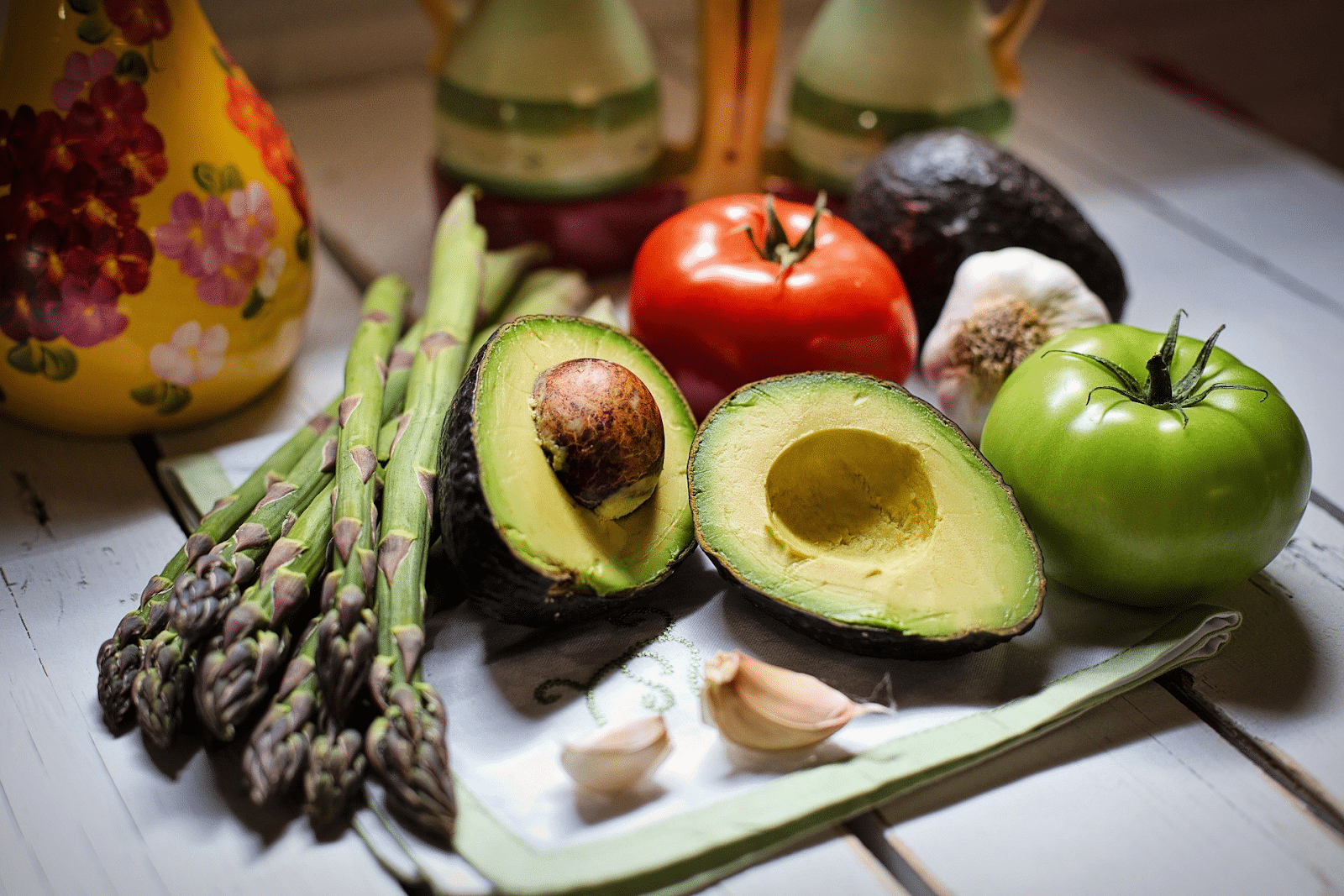This is because many people have realized the benefits that this dietary choice can bring to health and the environment.
But the question is: what about a vegan diet when it comes to top athletes? Can an athlete have a vegan sports diet and still achieve good results at sporting level?
How to become vegan?
Before discussing whether an athlete can have a vegan diet, it's important to understand what it means to be vegan.Veganism is a lifestyle choice that excludes the consumption of any animal products. This includes not only meat and fish, but also dairy products, eggs, honey, and other animal-derived products.
If you are interested in becoming vegan, there are many resources available to help you make the transition. Starting slowly and gradually removing animal products from your diet is important.
Start by experimenting with vegan recipes and trying new foods. Many vegan restaurants in Lisbon and other cities in Portugal can help with this process.
Being vegan
Now that you understand what it means to be vegan, it's time to discuss whether an athlete can eat a vegan diet and still achieve sporting results. The answer is yes, an athlete can eat a vegan diet and achieve top-level sporting results.
Many successful athletes, such as tennis player Novak Djokovic and runner Scott Jurek, have chosen a vegan diet and managed to perform exceptionally well.
In fact, many athletes report that they feel more energized and healthier since going vegan.
Vegan sports nutrition
Nutrition is key to being a successful athlete. Food must be able to provide the energy and nutrients needed for high-performance physical activity. Fortunately, it is possible to have a vegan diet that provides all the necessary nutrients. Vegans can get protein from sources such as lentils, chickpeas, tofu, and tempeh. In addition, vegans can get the essential omega-3 fatty acids from foods such as nuts and seeds and vitamins and minerals from fruits, vegetables, whole grains, and fortified foods. It is important for vegan athletes to plan their meals carefully to ensure they are getting all the nutrients they need for sports performance.
Vegan recipes
To help with the transition to a vegan diet and to provide ideas for healthy and tasty meals, here are some vegan recipes that can be incorporated into an athlete's diet:
- Vegan chili with quinoa and black beans;
- Vegan tacos with tofu and avocado;
- Grain salad with banana and peanut butter;
- Wholemeal pasta with vegan basil pesto.
Planning is the key word for an ideal vegan sports diet
In conclusion, athletes can eat a vegan diet and achieve top-level sporting results. Vegan athletes need to plan their meals carefully to ensure that they get all the nutrients they need for their sporting performance. With a careful approach and proper planning, a vegan diet can be a healthy and sustainable choice for any athlete. And remember, if you are interested in going vegan, start slowly and explore the many options available. Try new recipes, visit vegan restaurants in Lisbon, and discover the benefits a vegan diet can offer your health and your performance as an athlete.


